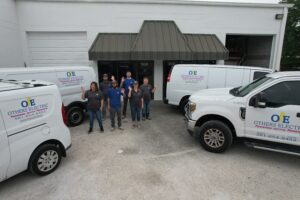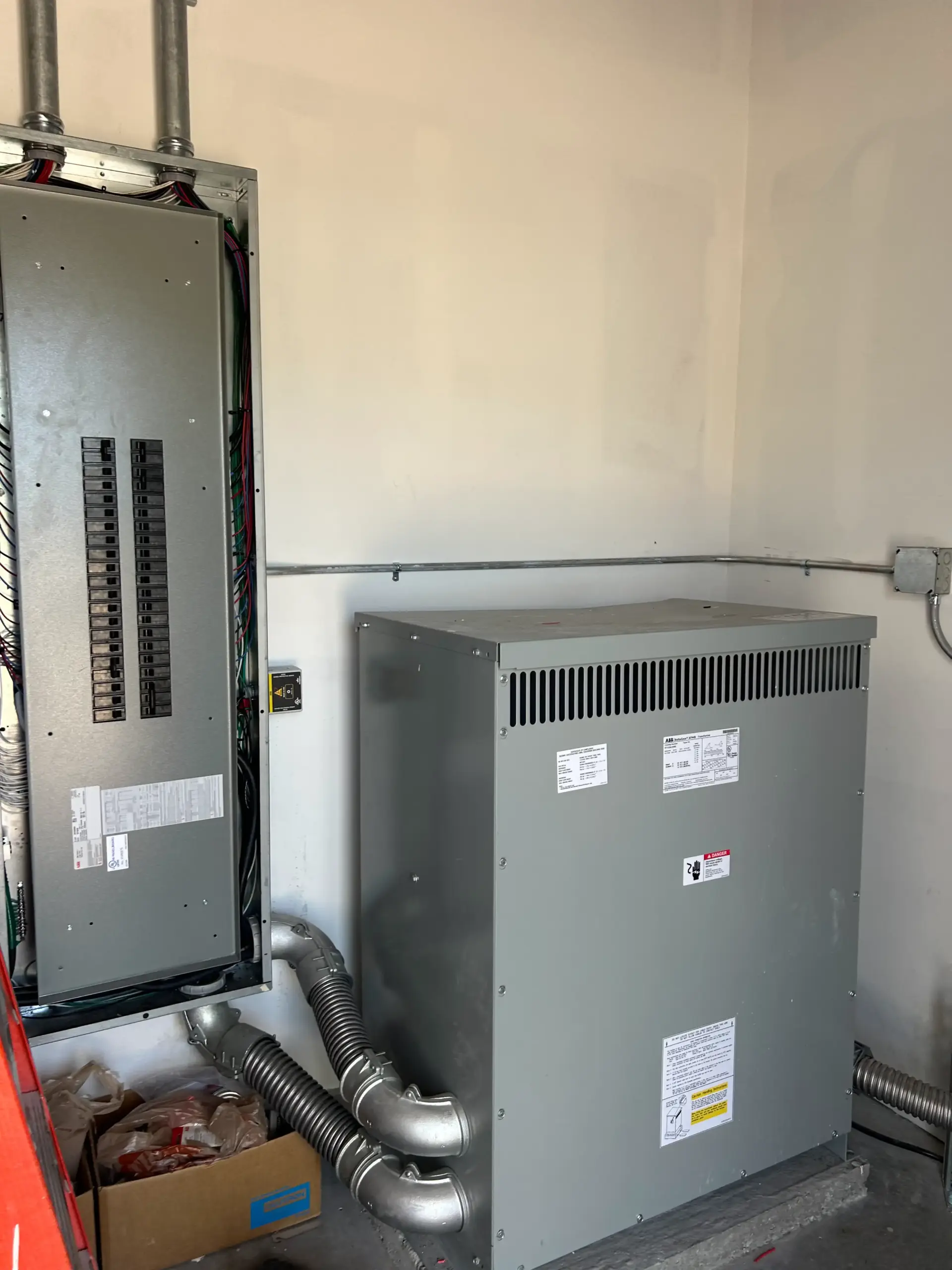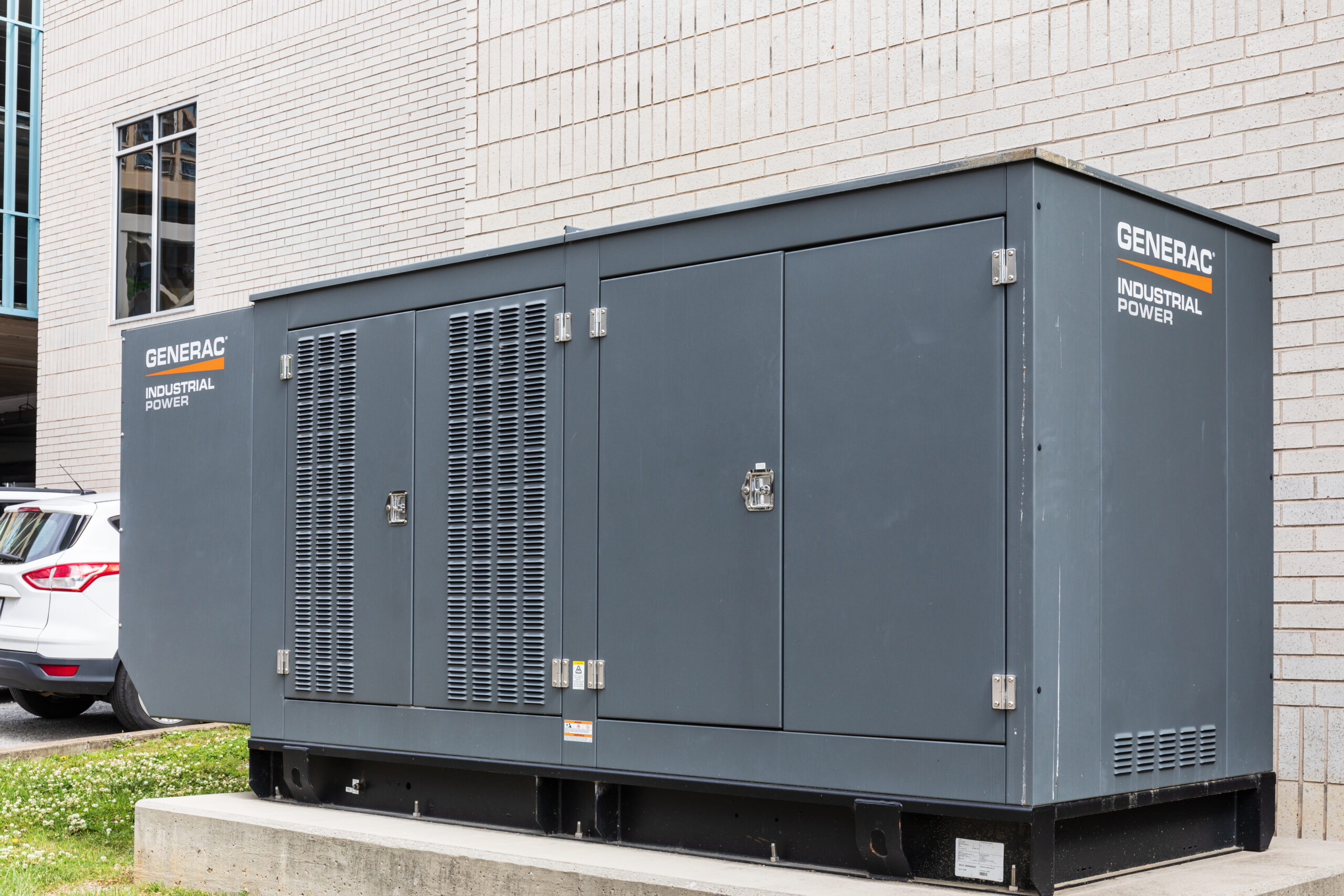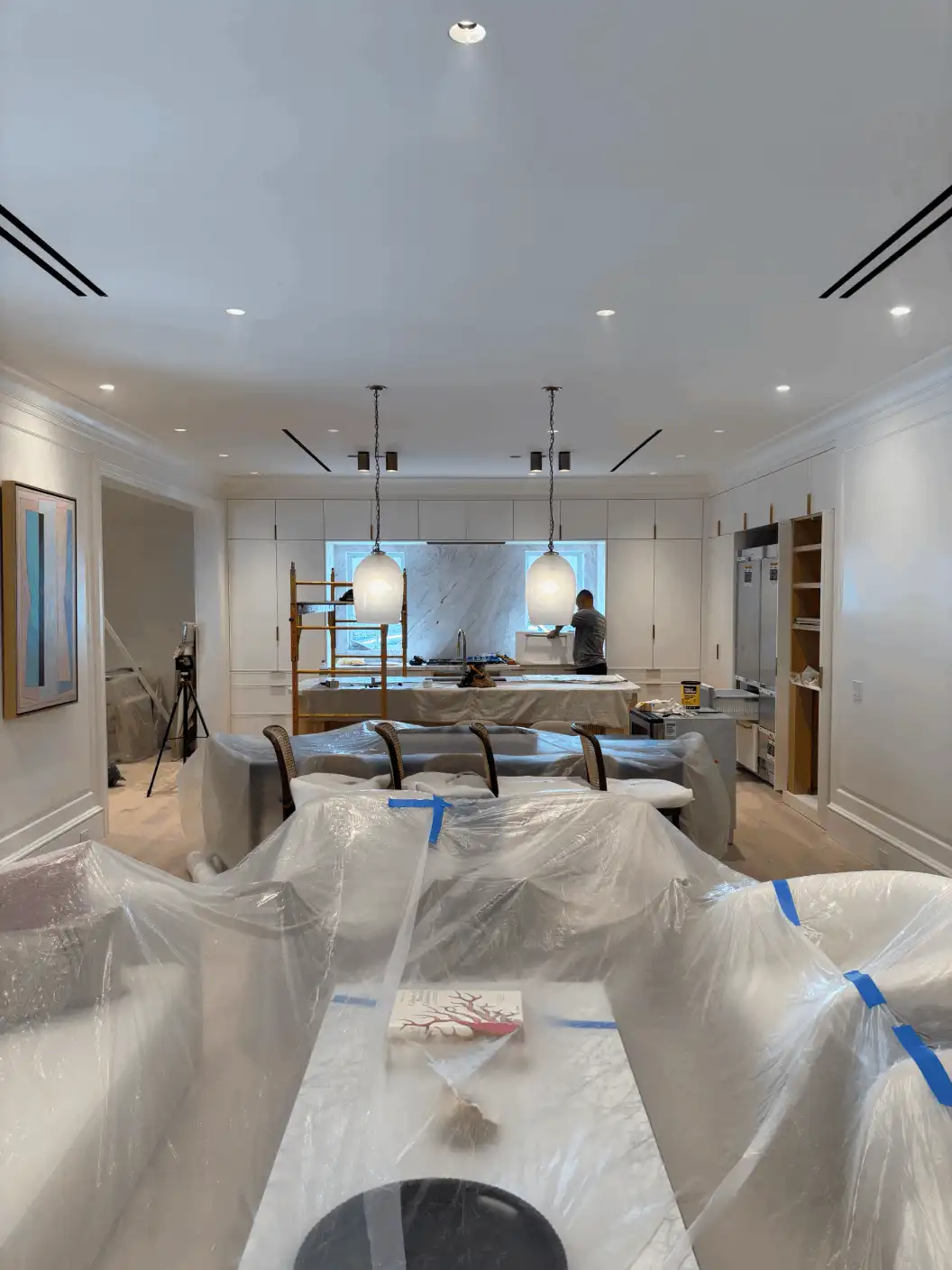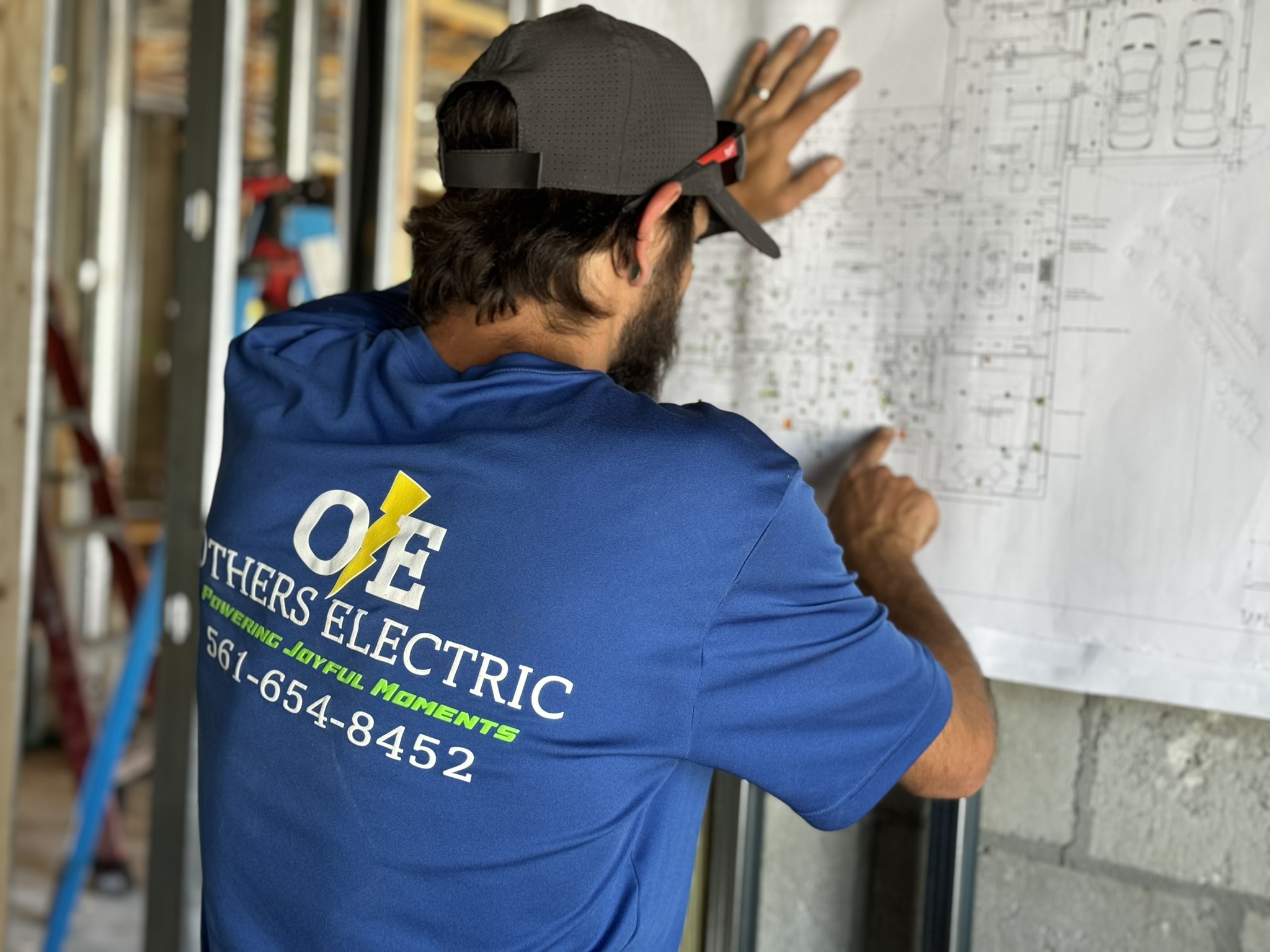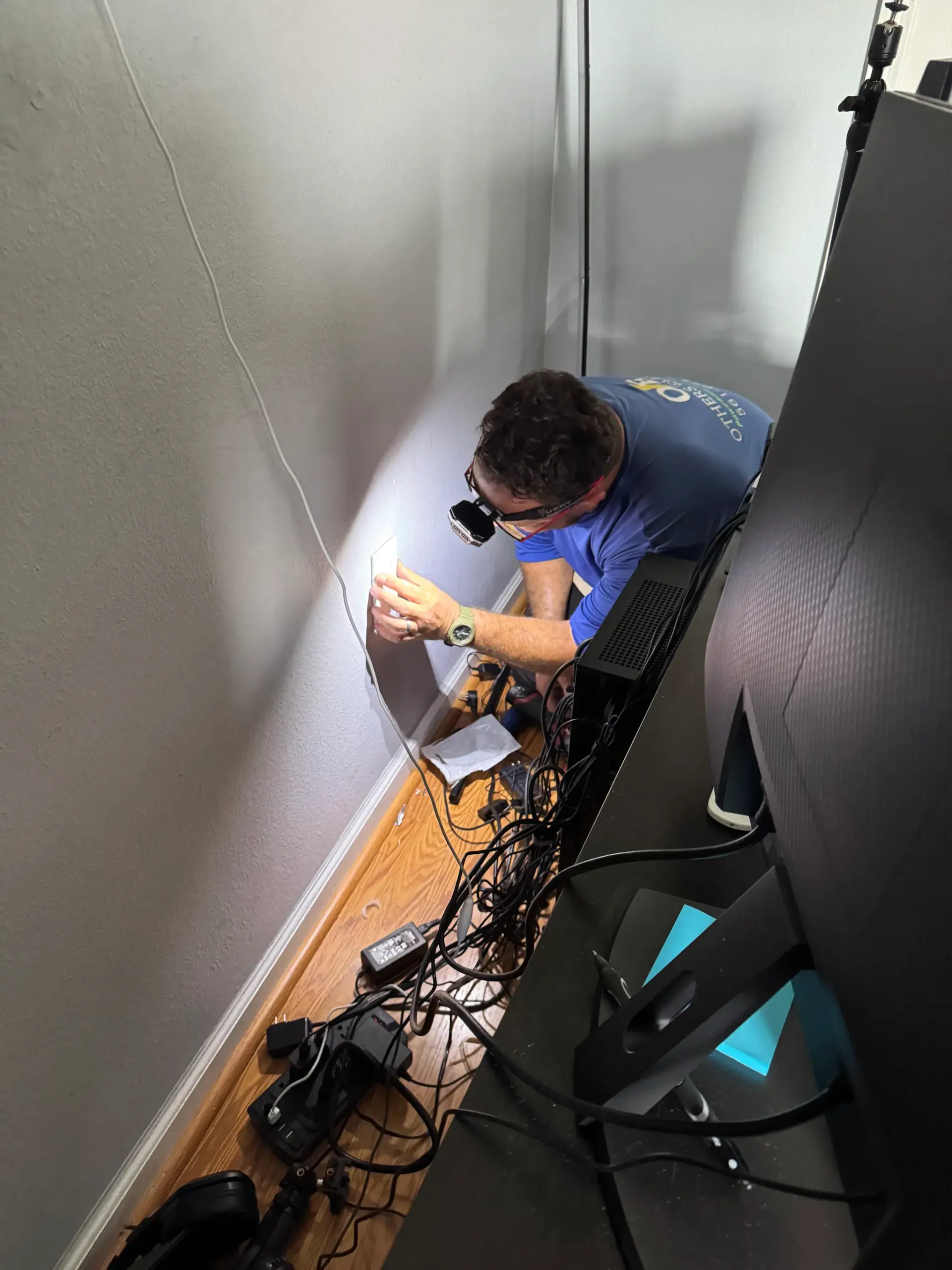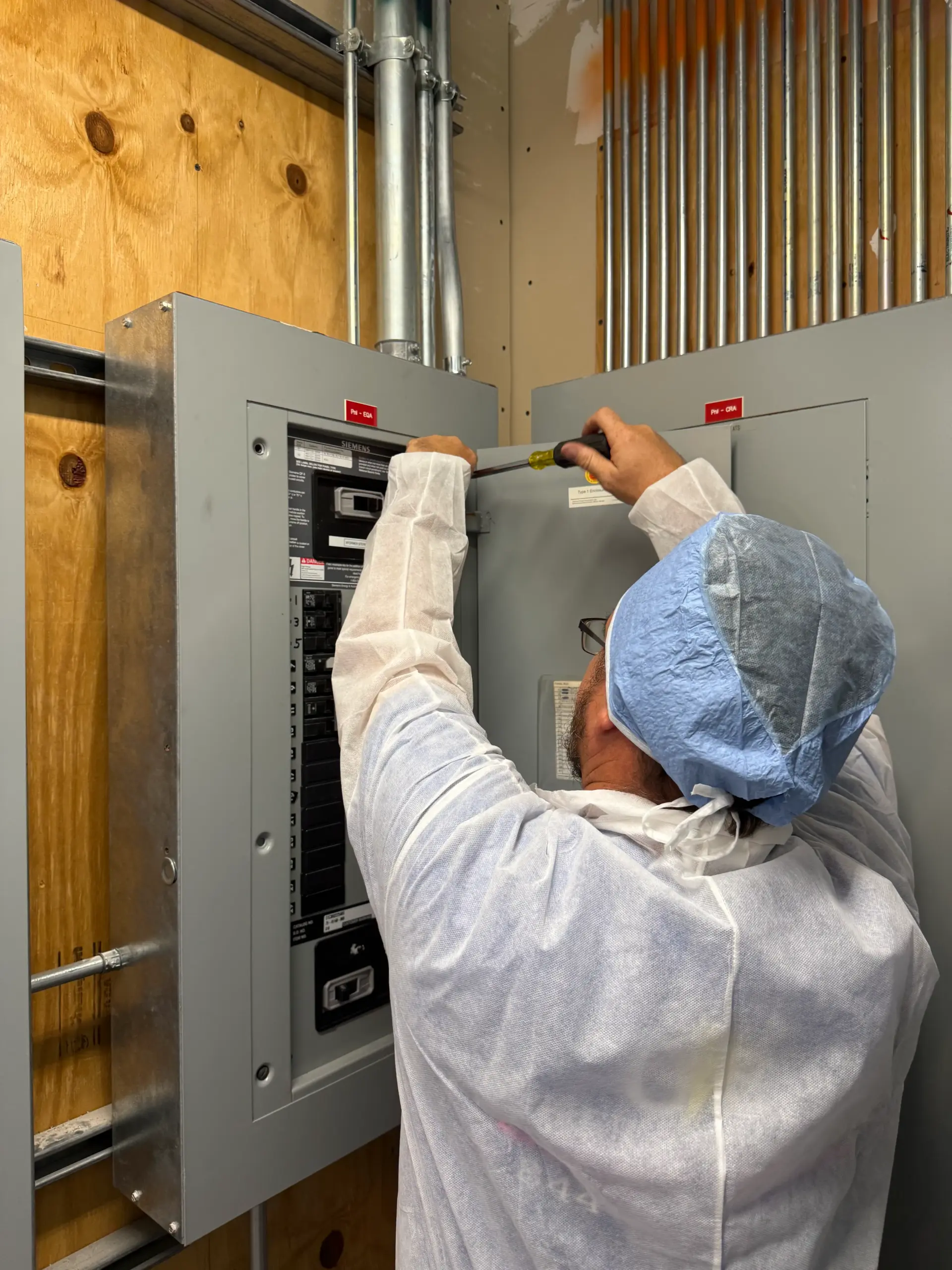Let’s go over how are electrical boxes attached to houses in Florida. Electrical boxes are essential components of a home’s electrical system, serving as the connection points for outlets, switches, and lighting fixtures. In Florida, the installation of electrical boxes must adhere to the state’s building codes and the National Electrical Code (NEC), with considerations for factors such as hurricane resistance, high humidity, and corrosion prevention. Proper installation ensures safety, reliability, and compliance with regulations. Understanding how electrical boxes are attached to homes in Florida requires a look at the materials used, the mounting methods, and the impact of environmental factors unique to the state.
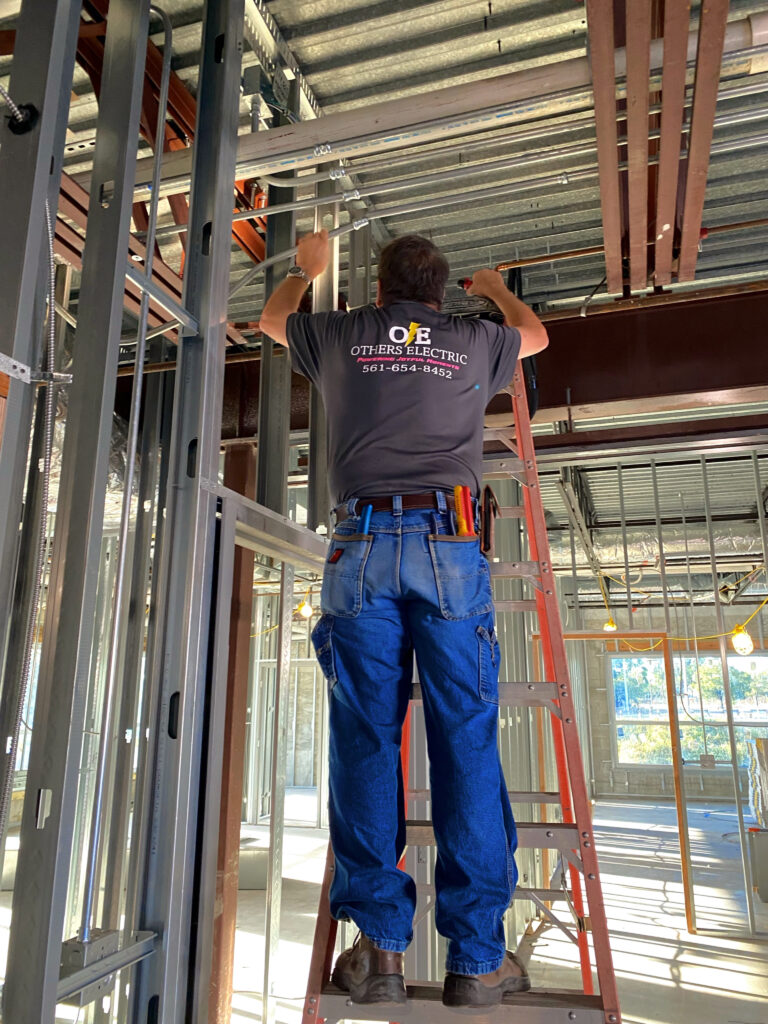
Types of Electrical Boxes Used in Florida Homes
The type of electrical box used in a home depends on its purpose and location. Common types include plastic and metal boxes, each with distinct benefits. Plastic boxes, often made of PVC, are lightweight, corrosion-resistant, and non-conductive. They are widely used for interior applications. Metal boxes, typically steel or aluminum, are required in some applications where extra durability or grounding is necessary. Weatherproof boxes, constructed with heavy-duty materials and equipped with gaskets, are essential for outdoor installations, particularly in Florida’s humid and storm-prone environment.
Mounting Methods for Electrical Boxes
Electrical boxes in Florida homes are typically mounted using one of several methods, depending on the wall type and installation location. For interior walls, electrical boxes are usually attached to wooden or metal wall studs using nails or screws. New construction installations often feature boxes with built-in mounting brackets designed for direct attachment to framing members. For remodels, old work or retrofit boxes are used, which have adjustable mounting tabs that secure them to the drywall. In masonry walls, such as those made from concrete blocks or poured concrete, electrical boxes are installed using masonry anchors or embedded directly into the wall during construction. These boxes must be corrosion-resistant and properly sealed to prevent moisture intrusion. For exterior installations, surface-mounted electrical boxes are commonly used, secured with weatherproof fasteners and sealed with caulk or gaskets to protect against rain and humidity.
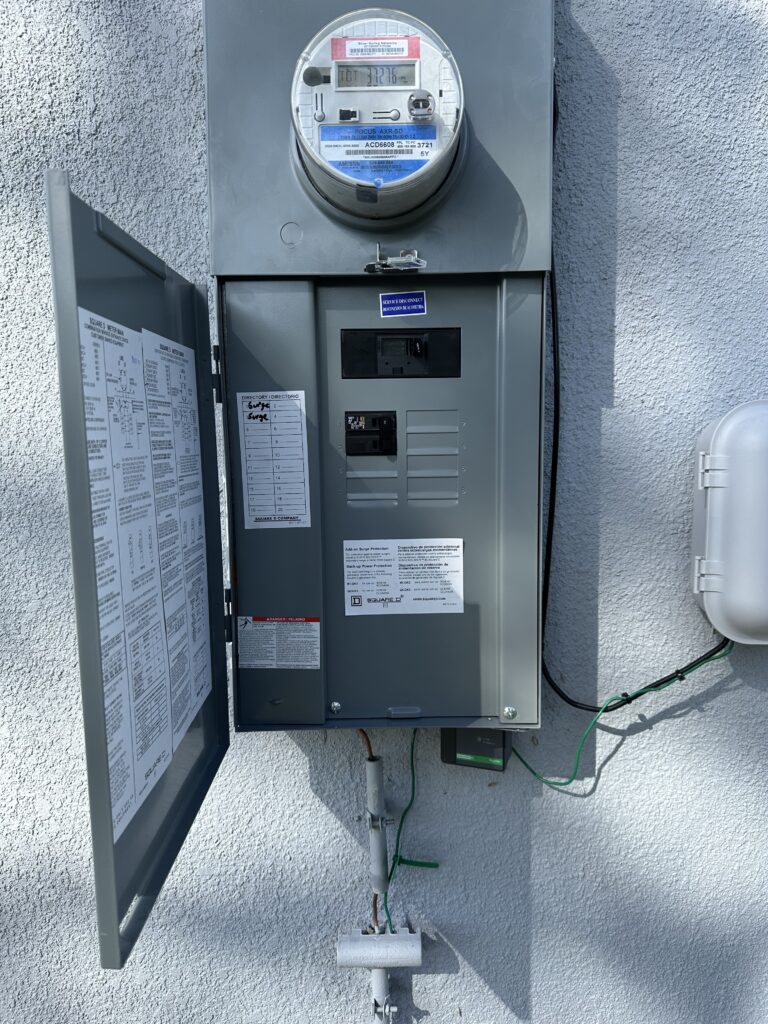
Securing Electrical Boxes Against Hurricanes and High Winds
Florida’s exposure to hurricanes and tropical storms necessitates additional precautions in securing electrical boxes to homes. The Florida Building Code (FBC) requires that electrical boxes and conduit systems be firmly anchored to withstand high winds and flying debris. This often involves using heavy-duty fasteners, hurricane-rated brackets, and impact-resistant materials. Electrical boxes on exterior walls must be reinforced to prevent detachment during storms. Additionally, outdoor electrical boxes should be installed at appropriate heights to mitigate flood risks, ensuring that electrical connections remain functional and safe even in extreme weather conditions.
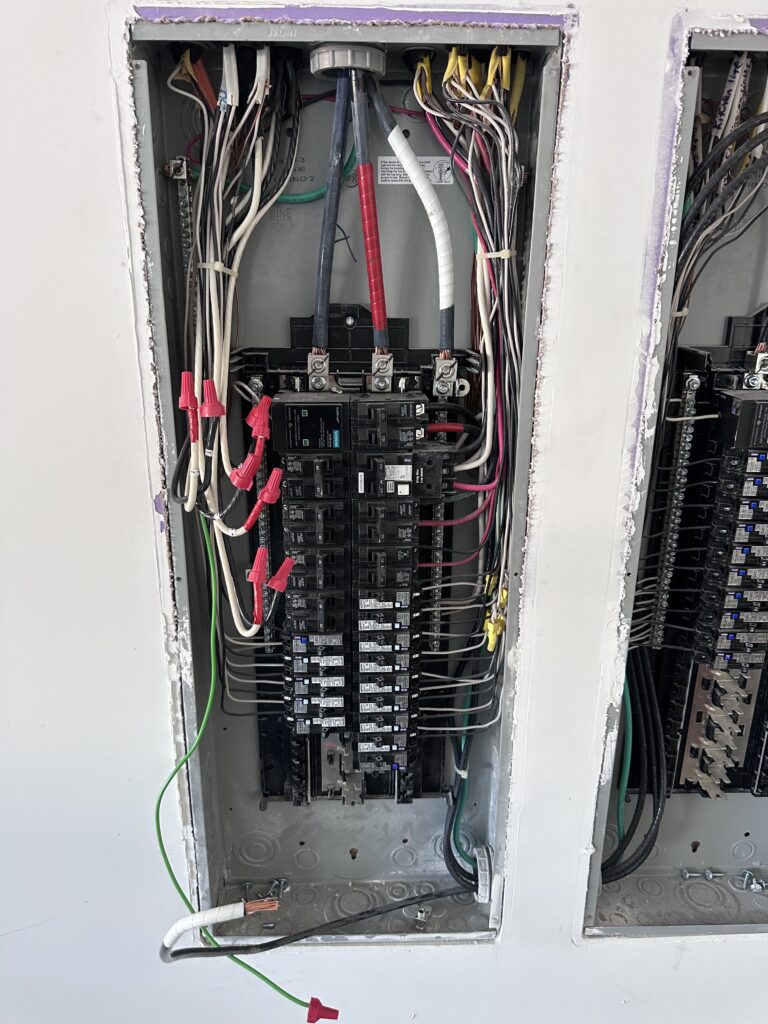
Considerations for Corrosion and Moisture Protection
Florida’s high humidity and salt-laden air, especially in coastal areas, pose significant risks for electrical systems. To combat corrosion, electricians use non-corrosive materials such as PVC or fiberglass-reinforced electrical boxes for outdoor and high-moisture areas. Metal boxes used in Florida homes must be coated with corrosion-resistant finishes or made from stainless steel or aluminum. Additionally, all outdoor electrical boxes must have weatherproof covers and be properly sealed to prevent moisture ingress, which can cause electrical failures or hazards. For homes in flood-prone areas, electrical boxes must be installed at elevated heights per the Federal Emergency Management Agency (FEMA) guidelines. This helps prevent water damage and ensures continued operation of essential electrical components during and after flooding events.
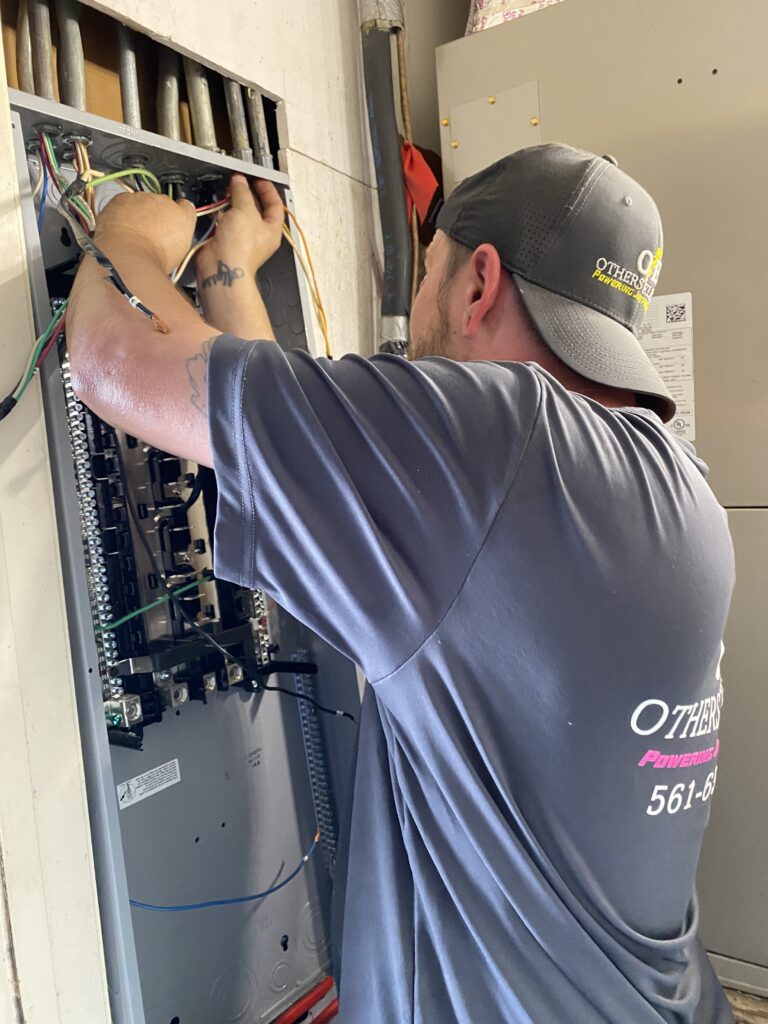
Electrical Code Compliance in Florida
The installation of electrical boxes in Florida must comply with both the National Electrical Code (NEC) and the Florida Building Code (FBC). These regulations specify the types of boxes allowed, the required mounting methods, and safety standards to ensure proper electrical connections. Key requirements include:
- Ensuring that all electrical boxes are properly sized to accommodate wiring and prevent overheating.
- Using weatherproof boxes and covers for outdoor applications.
- Securing boxes firmly to withstand high winds and potential impact forces.
- Installing boxes at code-specified heights to prevent water damage. Homeowners and contractors must adhere to these codes to ensure electrical safety and to pass required inspections before new electrical systems can be approved.
The Role of Professional Electricians
While some homeowners may attempt DIY electrical work, the proper installation of electrical boxes requires professional expertise to ensure safety and code compliance. Licensed electricians in Florida are trained to install electrical boxes correctly, taking into account local regulations, environmental factors, and best practices for long-term reliability. Hiring a professional ensures that the installation is done safely, reducing the risk of electrical failures, fires, or code violations.
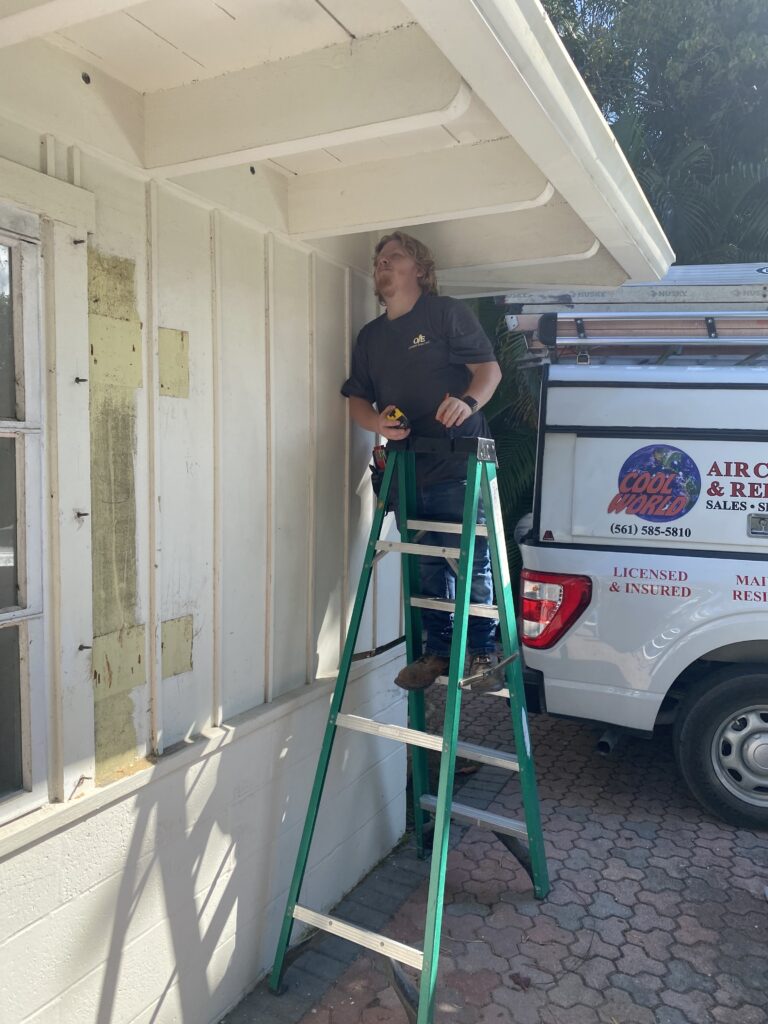
Conclusion
The installation of electrical boxes in Florida homes involves careful consideration of environmental factors, safety standards, and code requirements. Proper mounting techniques, the use of corrosion-resistant materials, and compliance with the Florida Building Code ensure that electrical systems remain safe and reliable. Homeowners should always consult licensed electricians to handle electrical installations, ensuring that their homes are equipped with secure, efficient, and storm-resistant electrical connections. Whether building a new home or upgrading an existing system, following proper installation practices is essential for maintaining electrical safety in Florida’s challenging climate.

